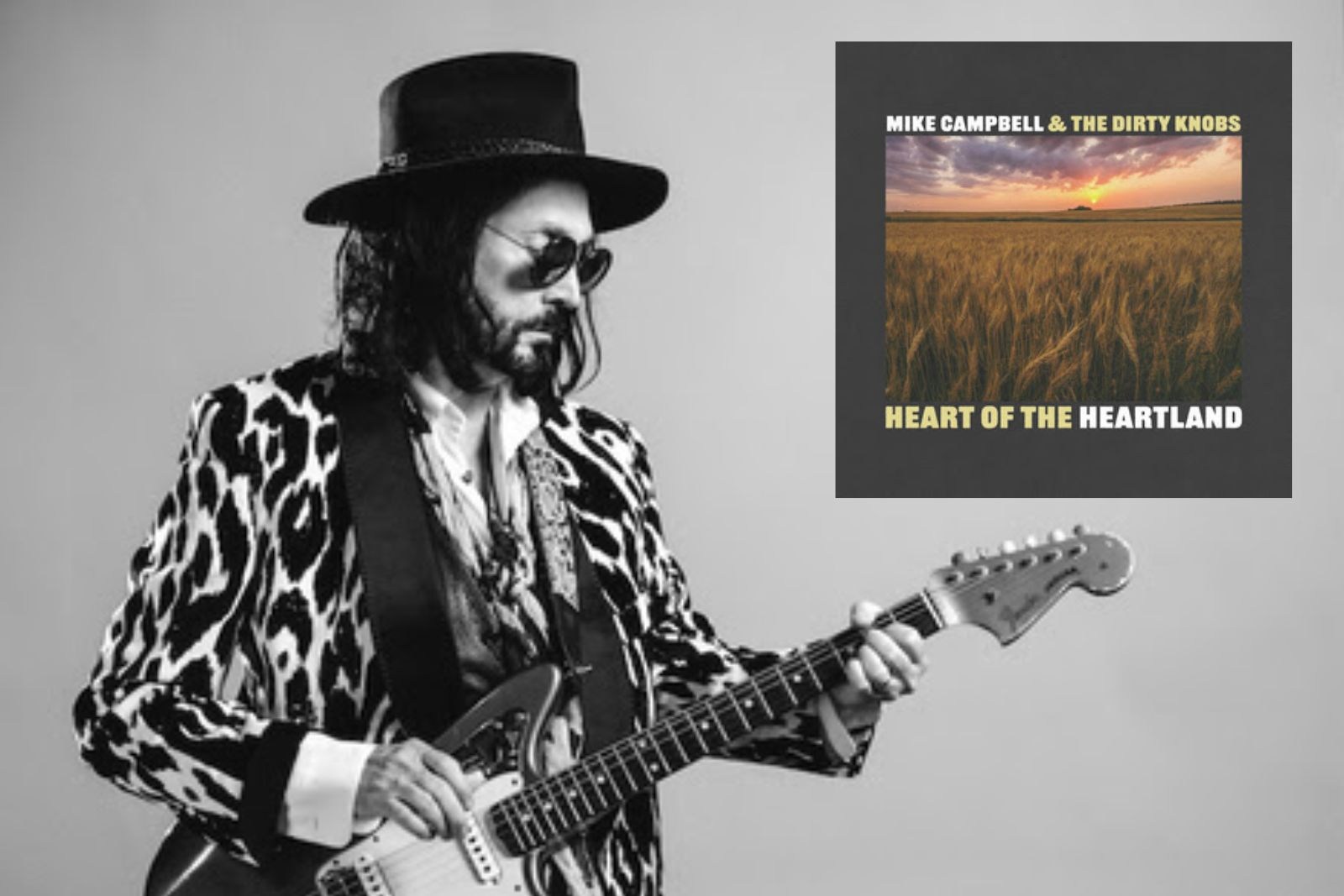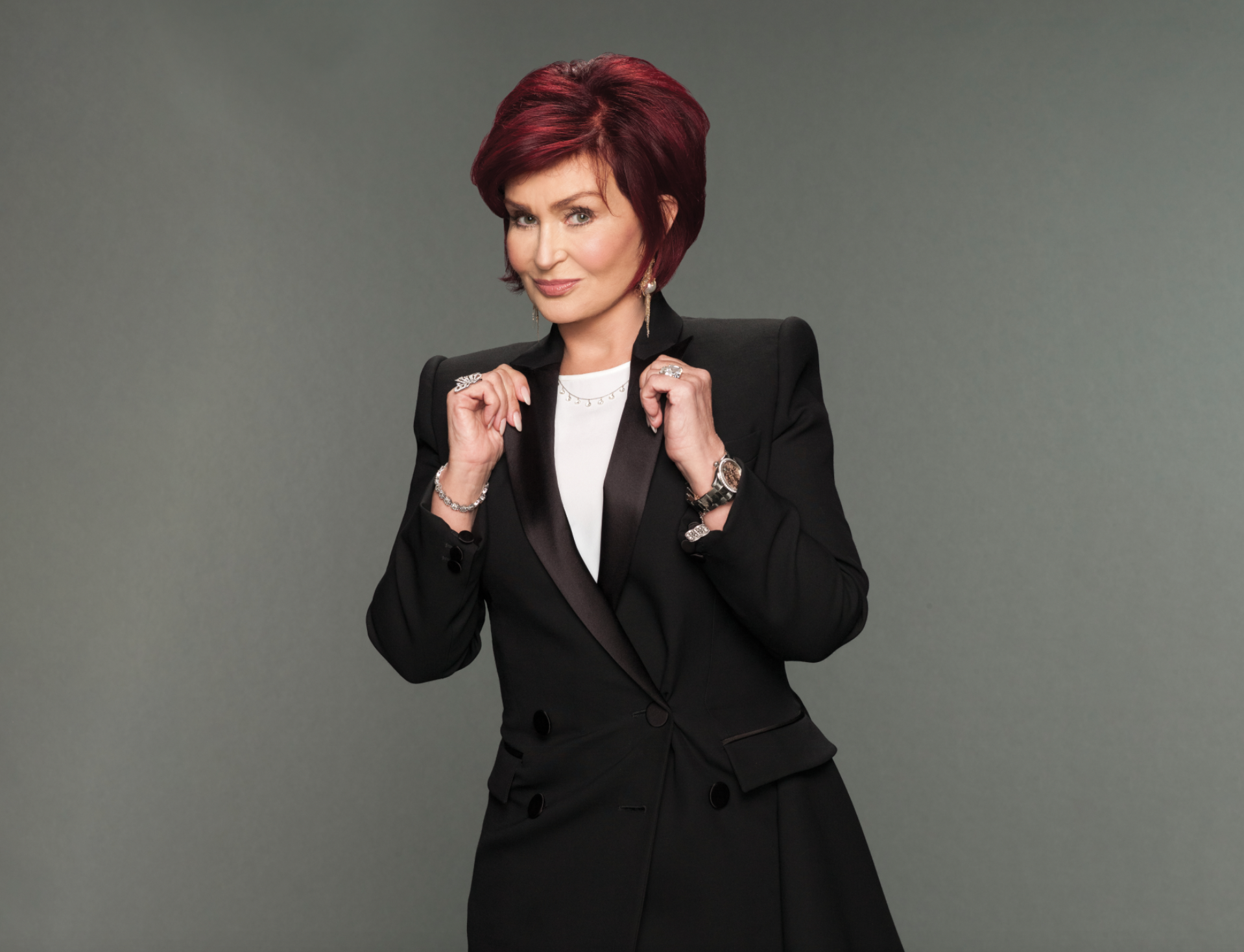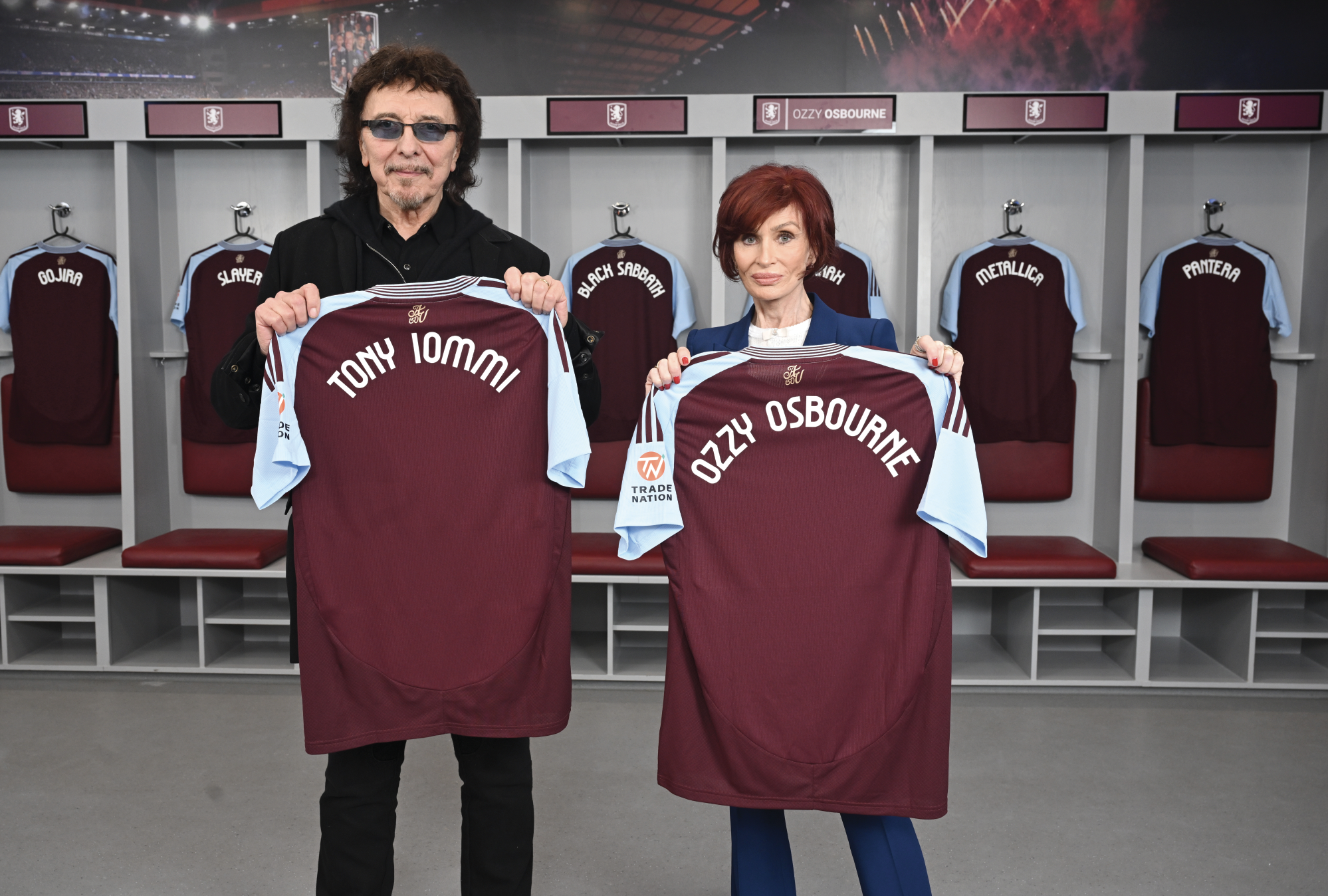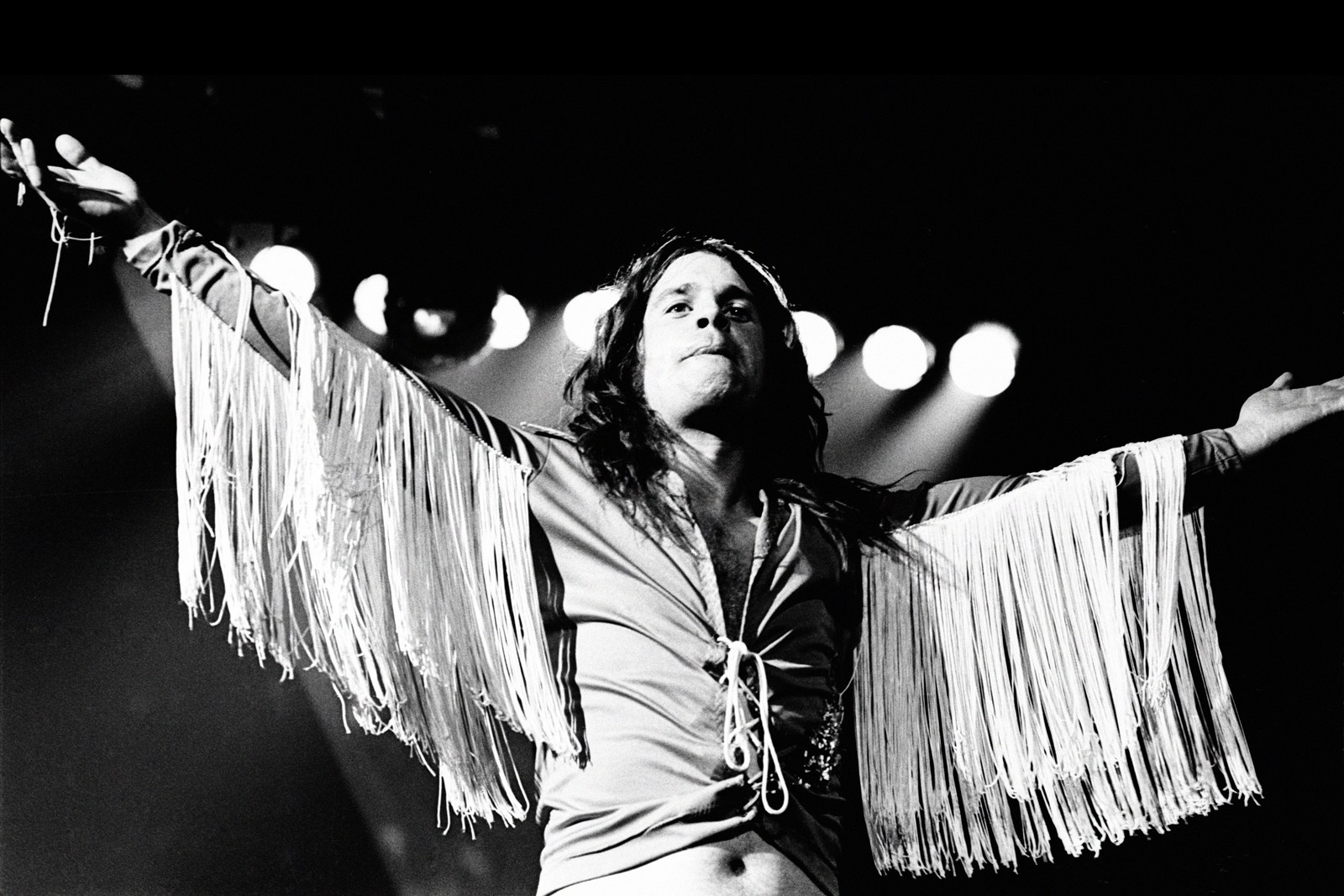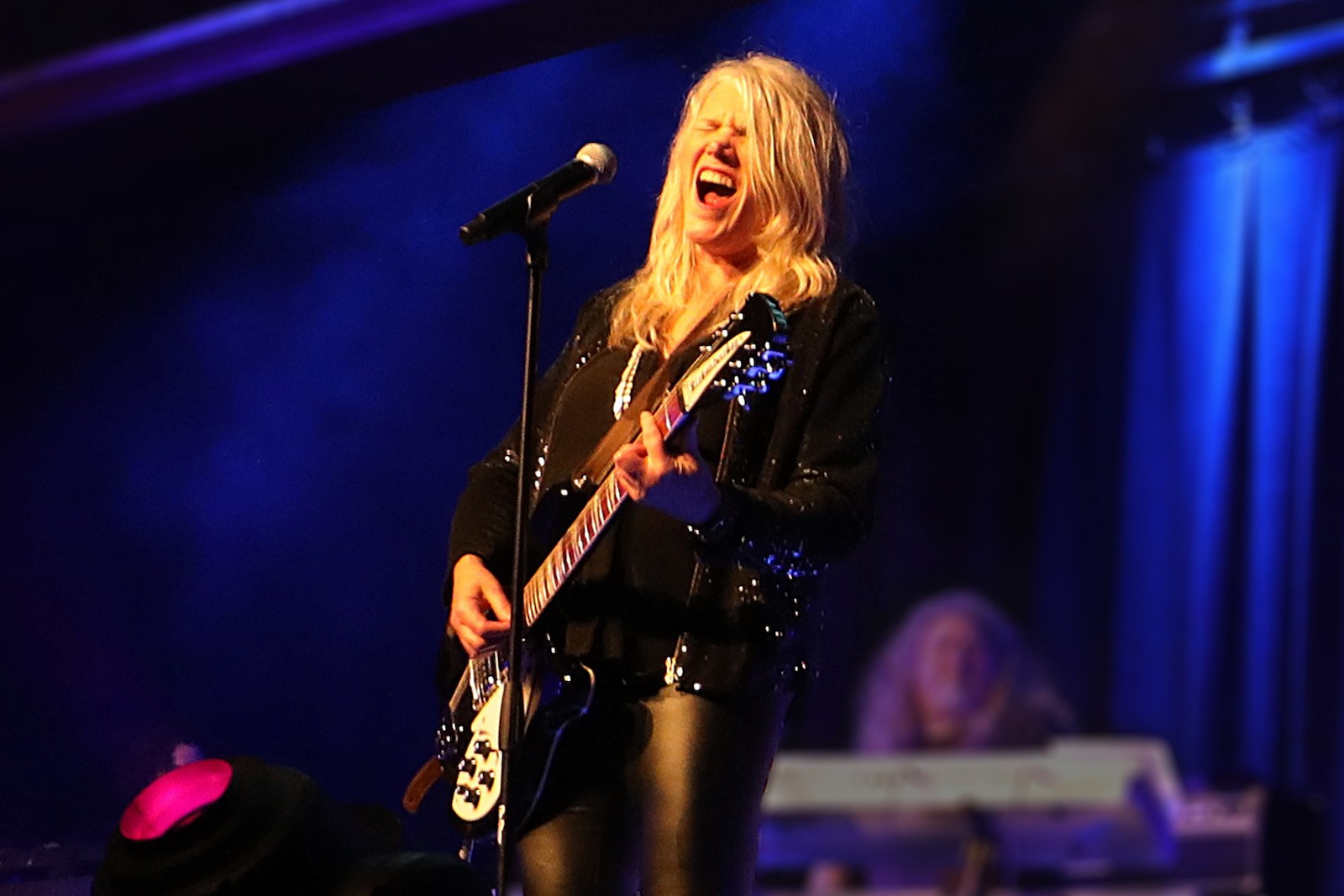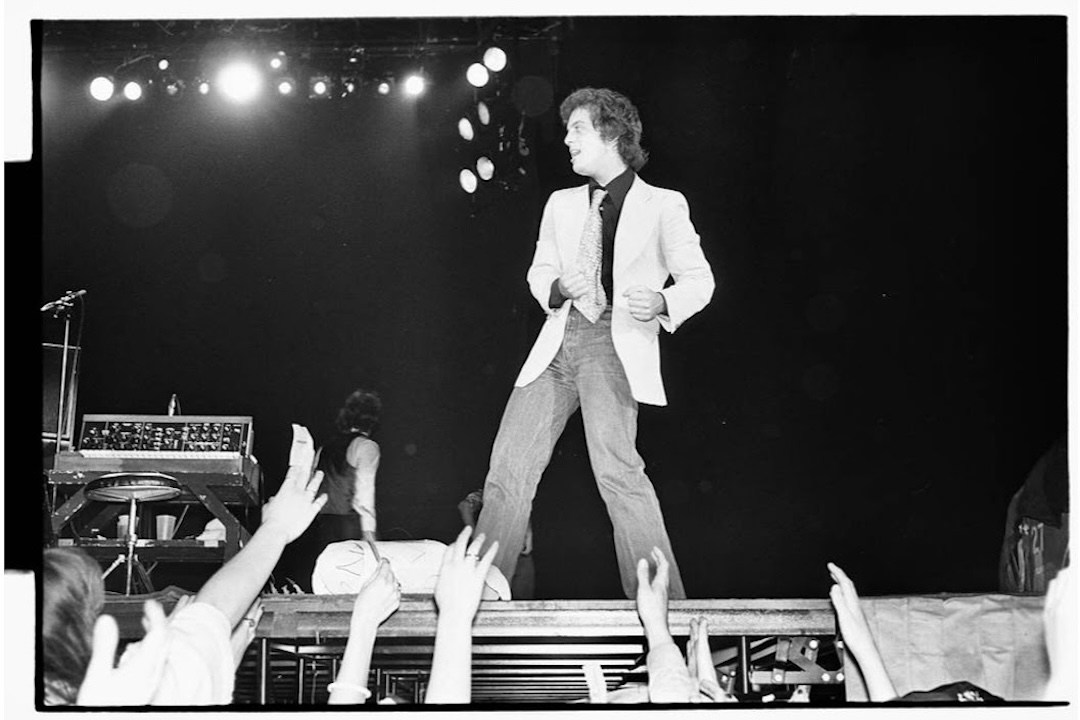
Feature photo courtesy of Paul Rodgers
Paul Rodgers began performing at the age of 13, and by the time he was 14, he was earning a living as a professional musician. That’s no easy feat, but Rodgers parlayed that into a halcyon career in music as frontman for Free, Bad Company, The Firm, Queen, and as a solo artist.
For those reasons, when Rodgers had the chance to join The Changels, a children’s choir consisting of 8- to 12-year-olds for a rendition of Bad Company’s “Rock ‘N’ Roll Fantasy” for a session in support of the Adopt the Arts Foundation, it was all-too easy for him to say, “Yes.”
Rodger’s stepping up to the plate in support of young people being involved in music is integral, as modern society often casts aside music education. But not Rodgers. “There’s lot of options inside the music business for everybody,” he tells ClassicRockHistory.com.
“The kids are learning that,” he adds. “They’re learning that you can make a living making music. And they’re learning that it’s a joyful thing to do.”
Rogers became involved through his friend, former Guns N’ Roses drummer Matt Sorum, who leads the choir, and had a hand in the choosing of “Rock ‘N Roll Fantasy.” And Rodgers is elated that he took the challenge on. “I’ve given it some thought,” he says. “It was just a beautiful experience.”
“Altogether, I wasn’t sure what to expect,” he admits. “And I didn’t know we were going to make a video right there in the studio, which we did. But it was really just so lovely to do. I really enjoyed it, and it was very touching.”
Elsewhere, Rodgers is recovering from a myriad of health issues but is doing well. His last album was 2023’s Midnight Rose, which he’s proud of. And he’s also proud that Bad Company is finally being inducted into the Rock and Roll Hall of Fame.
But for now, he’s focusing on rest, rather than his next record or large-scale performances. “I’m not really on the road,” he says. “It’s very harsh on the road. You’ve got to be a tough cookie to be on the road for long. The environment is tough; it’s hard to get oxygen, like good air. It’s hard to get good sleep, good nutrition, and you’re always moving, and always have to deliver.”
“So, it’s very hard to be on the road,” he admits. “I absolutely respect anyone who is doing it, but I am quite happy to be semi-retired. I’m just doing the things that I feel good about. So, that’s where I’m at right now.”
How did you become involved with The Adopt the Arts Foundation’s project with The Changels?
Well, I have a connection with Matt Sorum down there in Palm Springs. We actually met when we did a charity show for Saving the Plaza, but that’s another story. But he does this thing with the choir and has about 90 kids in that choir. They bring such a sweet energy to this, just such young, youthful energy. It was a joy and a pleasure to take part.
And you sang on this, with the choir doing a rendition of Bad Company’s “Rock ‘N’ Roll Fantasy.”
Matt asked me to sing on it! And they did one of my songs, “Rock ‘N’ Roll Fantasy,” which was lovely. So, Matt asked me to sing a little, but you know, I didn’t want to intrude. I just thought I’d find a sweet spot at the end where I could, like, fit in. Because it’s a fair deal, you know, and they did such a lovely, very sweet job.
And this is for a good cause, too. Why is this meaningful to you?
Well, for a number of reasons. I mean, as a kid growing up, music was what kept me off the streets, basically, and gave me focus. It gave me a lot, you know? Suddenly, I was playing bass in a band, and it was quite unbelievable. And also, my children, you know, I’ve got three kids, and they’re very interested in music.
My daughter, Natalie, is a homemaker, although she could also be a musician. I keep telling her she’s got a great voice, but she’s not really interested in it. And my other two kids, Steve and Jasmine, they, actually, Jasmine has been on tour with her band Bôa, who have a platinum album. So, there’s a lot of places you can go with music.
While working with these youngsters, did you get the sense that you were looking at the next generation of great recording artists?
I absolutely did. I mean, some of them are astounding. They’re really beautiful, and they put so much of their own character into it, which is important. They put that into what they’re singing, and it’s just really nice.
Who chose “Rock ‘N’ Roll Fantasy?”
Well, they made that choice. They decided themselves, I think. Or maybe Matt decided, but it’s all a rock ‘n’ roll fantasy to me. It’s very meaningful in that respect, you know? Because everything is something of a fantasy, isn’t it? It’s very creative; they got creative with it.
Do you plan to do something like this again?
I always let music direct me in my life. That’s what I’ve always done. It’s the reason I joined Queen, the reason I formed The Firm with Jimmy Page, and everything, really. I just follow whatever appeals to me musically, because it’s what I love. That’s what I love to do, so I would be up for anything of this nature.
What’s your biggest piece of advice for the kids that you worked with, or anyone who wants to make music their career?
Sing from the heart, which they do anyway. They absolutely didn’t really need that advice, and they do that. But yeah, when you’re singing, that’s really a huge part of it for me. I can’t tell you who it is, but I’m part of a session for one of my heroes. They’re doing a tribute to one of my great heroes, and I’m proud to do that, too. I can’t say anything more about it than that, but that’s the kind of thing that I love to do.
Projects like this are also important because music education seems to be waning in our society.
Yeah, it does seem that way. I like to support that because it has been proven that when music is part of the curriculum, at the academic level, things improve overall, you know? Music is definitely mind-expanding.
Looking back on some of the highlights from your career, 2025 marks the 40th anniversary of The Firm’s self-titled debut record. What does that record mean to you?
Well, it was a great experience pairing with Jimmy, because, well, he’s Jimmy Page, you know? And was, and he is, such a great guitarist. He could lift the entire… he would lift me, the band, the entire audience, and the whole auditorium, out into outer space. Just his playing alone was so awesome, you know? So, it was a great experience for me.
You’ve worked with guitarists ranging from Mick Ralphs to Jimmy Page to Brian May. Is there one that you enjoyed working with most?
You know, I hate to pick out one and emphasize that one person. But if there was one, it would be my first love, which was Paul Kossoff with Free, to be honest. We actually achieved fame together with Free, and that was amazing. But I’ve experienced a lot of playing with different players.
What’s the key to complementing such great players?
You adjust and you adapt. I find that everybody who plays an instrument, that’s their voice, you know? And so, mine is an actual voice, and you have a musical conversation between your voice and their instrument. And whatever it is, you know, keyboards, drums, bass, or guitar, there’s a musical conversation that goes on.
How did you learn to have that conversation?
I learned that from listening to a lot of blues records from way back. You know, John Lee Hooker, Elmore James, Albert King, there guys were fantastic at musical conversation. They would speak to each other and to the audience, and they would allow space for each other to express themselves. You know, “You say one thing, I say this, you say that,” and it’s a conversation. It’s a beautiful thing.
Is there a record that you’ve made that you’d pick out as the most meaningful to you?
You know, people have asked me that question before, and it’s different every day, to be honest. What it really is, you know, it’s always the one I’m currently working on. That’s what I think of, like, the last album I made, the Midnight Rose album, there’s a track on there called “Melting,” and I love that track.
I love it because it almost reminds me of the song “Bad Company,” where something is sonically drifting. It’s something like a drifting cowboy kind of thing, maybe an outlaw, maybe an early settler. You know, it’s that kind of thing. I love that scenario, and the wide-open spaces, and the lawlessness of the world at that time, well, in the West anyway.
Something that stands out is that your voice still sounds very strong. What’s your secret?
I think you have to somewhat treat it like a muscle, you know? If you go to the gym, and you get to a certain point with strength exercises, and then you don’t go for six months, and you go back and try to lift the weights that you were lifting before, you learn your lesson right there. You’re very stiff the next day. [Laughs] And it’s the same with the voice.
If you haven’t sung for a while, and then you suddenly go up and go for it like hell for leather, you’re going to feel it the next day. Your voice needs to adjust, so I find that a warm-up is very important. And I ever really do this myself, but you really should warm down, too. At the end of the show, you never feel like warming down, so it’s generally forgotten—but it shouldn’t be.
But generally, I do try to warm-up, and I do it very gently. I hear some singers who warm up like it’s a big, like revving up a Maserati from the cold, or something. You wouldn’t really do that; you want to warm it up nicely, and just rev a little, slowly. That’s what you have to do with your voice: warm it up slowly, and so you’re ready for the show when the time comes.
Finally, after far too long, Bad Company has been inducted into the Rock and Roll Hall of Fame. What does that mean to you?
I’m glad it’s happening now, while Mick Ralphs can enjoy it, too. So, that’s great, although he won’t be able to attend the induction ceremony. But Simon Kirke and I will be there. And I have to congratulate a couple of others, like Chubby Checker, Joe Cocker, Soundgarden, and Carol Kaye, who was one of my favorite bass players. She’s amazing.
Given how long it took, did you start to wonder if Bad Company would ever actually get in?
Not really. I’m not bothered either way, to be honest. But I mean, it’s an honor. It’s definitely an honor. But I didn’t let it bother me because, really, it’s down to your connection with the crowd. You know, when I write something like “Shooting Star,” or something that was meaningful to people, that’s the reward right there, you know, when it connects to people.
Do you think you’ll perform at the ceremony?
Well, I don’t know… I don’t know if we’ll perform yet. I’m not really sure. We’ll see.
Your last solo record was 2023’s Midnight Rose. Are you working on new music, or have shows planned?
You know, I’m never far from music. But right now, I’m trying to get back to where I was. Having had a couple of strokes, a heart issue, and all that kind of stuff, you know, my health issues, basically, I have to get over, past, and beyond that. So, I’m working on my health mostly every day, and I’m kind of enjoying life in semi-retirement.
Check out similar articles on ClassicRockHistory.com Just click on any of the links below……
Read More: Classic Rock Bands List And Directory
Paul Rodgers: The ClassicRockHistory.com Interview article published on ClassicRockHistory.com© 2025



